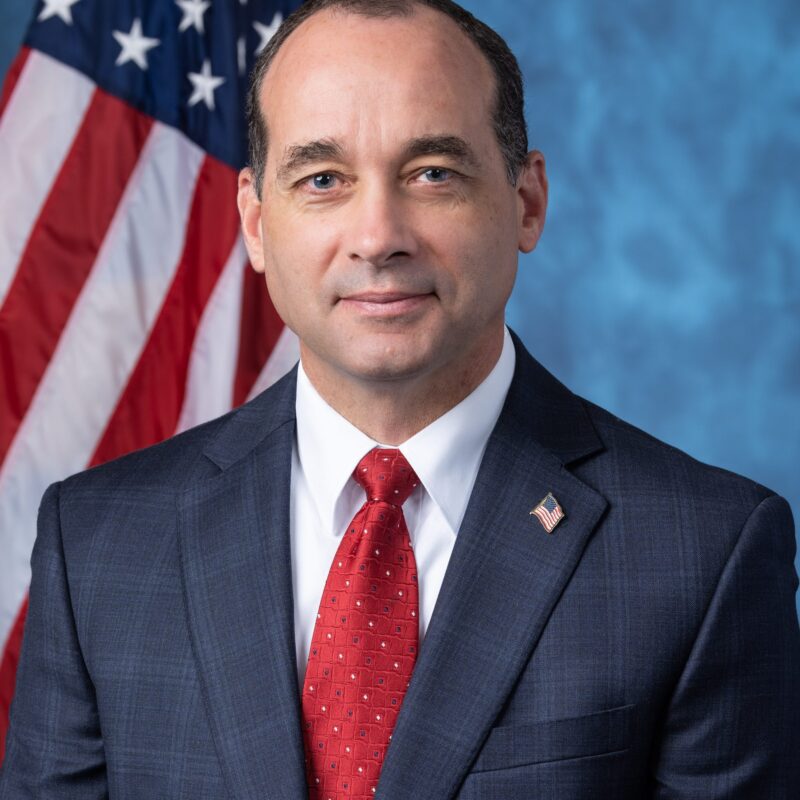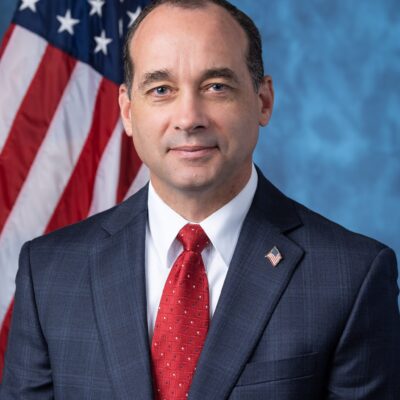
Faced with a life-changing experience, people can change. That was the central argument of Kerry Cook’s defense attorney during a three-day trial that unfolded in Charlottesville Circuit Court last week. On May 11, the jury sentenced Cook to nine months in prison for resisting arrest during a domestic dispute at Friendship Court back in August 2004. The fight ended when one of the cops shot Cook in the stomach, leaving him near death and in a coma for three weeks. Cook faced two other assault charges in the incident, but the jurors could not reach a decision on those charges. Cook, who has been in jail for 21 months on separate charges, will now serve another nine.
Coming out of the courthouse, juror Anthony Smith said that the jury was split and could not reach a decision on the two assault charges due to a lack of evidence. Specifically, all of the testimony came from police officers: There was no testimony from unbiased witnesses, such as doctors who treated both Cook and the officers after the fight. In addition, a key eyewitness for the prosecution was never called to the stand.
“I would not have wanted to be found guilty on that evidence alone,” says Smith, “and so how could I find someone else guilty?”
According to defense attorney Bill Rogers, the Commonwealth now must decide whether it’s the best use of resources, given that the case has already dragged on for nearly two years, to retry Cook on the two remaining assault charges. Prosecutors had no comment, since those charges are still pending.
During sentencing, Cook, a previously convicted felon, testified on his own behalf, explaining that coming face-to-face with death changed him.
“I think I can help people with just my testimony,” he said in a soft voice. “By saying ‘I survived.’ If I can change, you can change.”
Rogers pushed this point aggressively, at one point referring to the Easter season and the biblical story of Christ’s resurrection as an “appropriate metaphor” for Cook’s situation.
Back when Cook was first arrested, a grand jury conducted an extensive investigation into excessive force on the part of the police, meeting 19 times over five months and taking sworn testimony from 38 people. In the end, however, the jury ruled that the officers had not used excessive force, and they were cleared of all charges of wrongdoing.—Nell Boeschenstein





